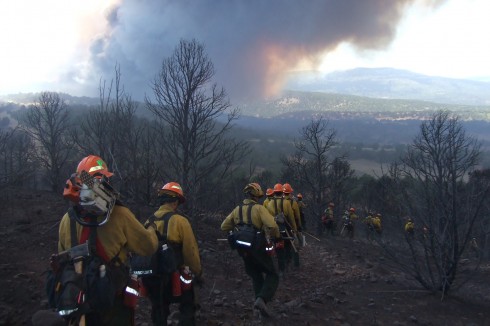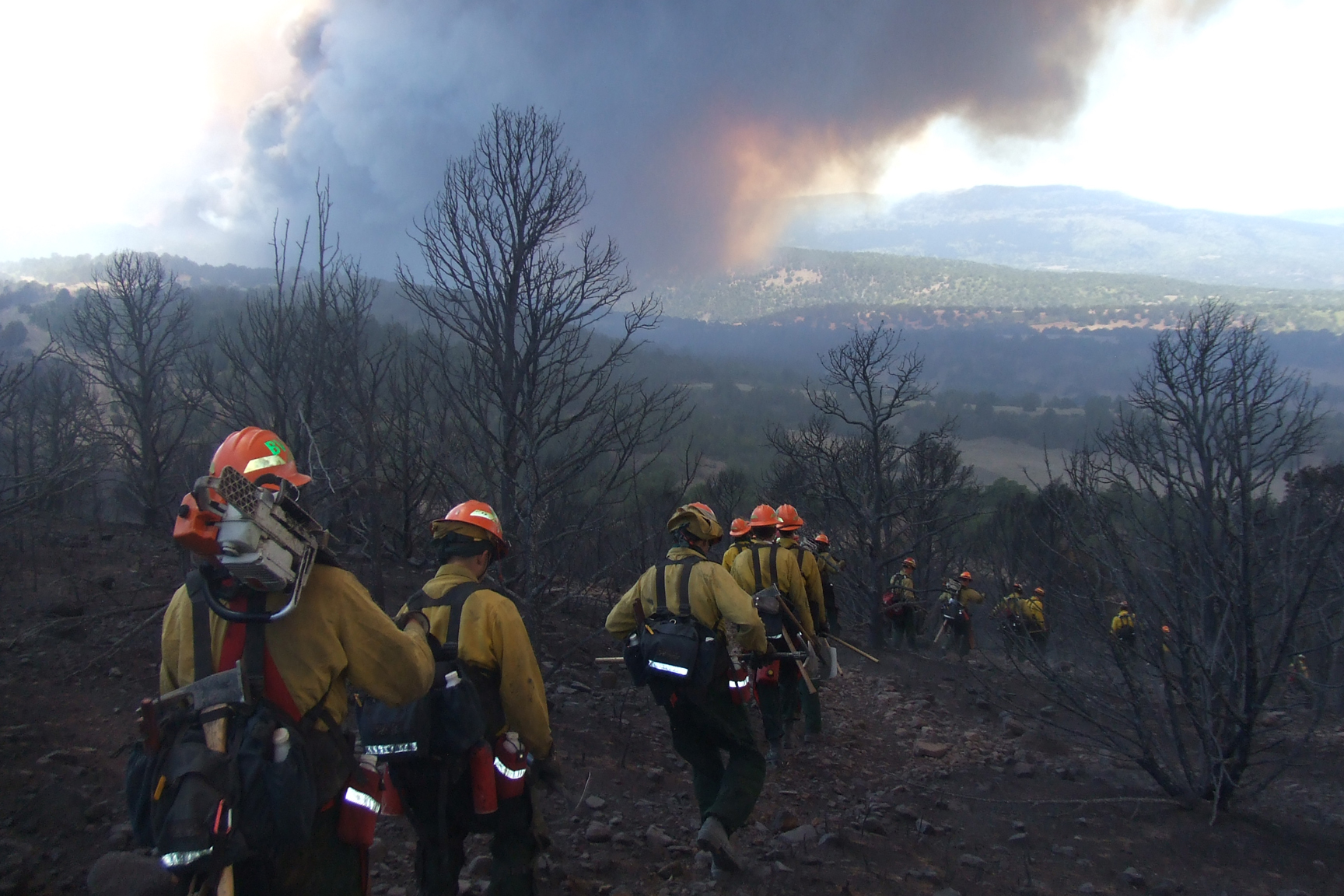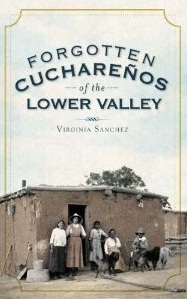By Mike Rosso
A unique team of firefighters are being trained in Chaffee and Fremont County through a program with the Colorado Correctional Facility.
Dubbed the State Wildland Inmate Fire Team (SWIFT), the program is designed to prepare offenders for placement on Type 2 hand crews to be utilized on wildfires statewide.
Begun in the summer of 2002, the program is operated by Colorado Correction Industries ( CCI), a division of the Colorado Department of Corrections.

SWIFT crews are cash-funded and self-sufficient, meaning they must generate their own income by charging for their services to pay for all cost of equipment, supplies, vehicles, etc., as well as a small stipend. The offenders receive up to $6 a day while on fire assignment in addition to the 60 cents per day that all working offenders receive. They also share in other incentives that are awarded based upon their training level and the amount of work completed in any given month, according to Jack Laughlin, Service Manager with CCI.
Taxpayer money is not used to compensate the SWIFT crews. Instead they rely on fees charged to state, local and federal agencies such the U.S. Forest Service and the Bureau of Land Management as well as non-profit organizations who contract with CCI for fire fighting services. In addition to being a Type 2 hand crew for fighting wildfire, the crew is trained to perform forest management projects such as thinning, chipping, contour felling, trail construction and maintenance, and other reclamation or rehabilitation projects.
Offenders who join the crew usually don’t have any previous fire fighting experience but can gain important skills that can be utilized once they have served their terms and are released. To qualify for the SWIFT crews the offenders must be nonviolent offenders and cannot be convicted sex offenders. They must also have a GED or high school diploma, be over 18 and “report-free” for six months, and not have received any disciplinary action. Asked about the number of offenders who went on to work in the field after being released, Laughlin said, “We have received information on over 30 offenders that have done either fire fighting or fuels work.”
When asked about recidivism rates he told us, “Offenders that have participated in this program must waive placement into either parole or community corrections for at least one fire season. Of the successful participants, 90% release after that season and fewer than 25% have returned. This information is not official DOC recidivism information but is strictly my own tracking of participating offenders.”
There are currently three crews created by CCI; Cañon City, which is dispatched through the Pueblo Interagency Dispatch Zone; the Rifle Correctional Center; and the Juniper Valley crew at Buena Vista Correctional Center, who are supervised by Jeff McGinnis who has been with the program in B.V. since it began in 2004. The Juniper Valley crew has assisted with fire fighting efforts, controlled and prescribed burns, and is also utilized for fuels reduction throughout the region. Each crew is made up of about 20-25 members who are supervised by CCI staff who provide both fireline and correctional supervision. The crews are also aided by the Colorado State Forest Service, which acts as a business partner and aids in red-card training, mentoring and supervision of the crews.
In 2010 SWIFT crews were dispatched to 22 separate incidents, including the Mendano, Four Mile, Dakota Ridge, Parkdale Canyon, Blackhawk, Beaver and Paintbrush fires.
So far in 2011, crews have been deployed to the Squaw Pass, Ft. Lyon, Tunner and Bear Fires.
Laughlin says that they’ve had over 600 offenders participate in the program, including this year’s participants, and over 100 additional offenders have participated in their TRAIL program that builds trails and conducts fuel reduction projects.
The SWIFT program is authorized by state statute and was created in response to the Colorado Inmate Disaster Relief legislation, passed in 1998 and amended in 2001. The purpose of the act was to create a “labor pool to respond safely to fight forest fires, help with flood relief, and assist in the prevention of natural or man-made disasters.”
To get an estimate for a forest management project, contact the CCI division manager at 719-269-4539 or email: jack.laughlin@doc.state.co.us



